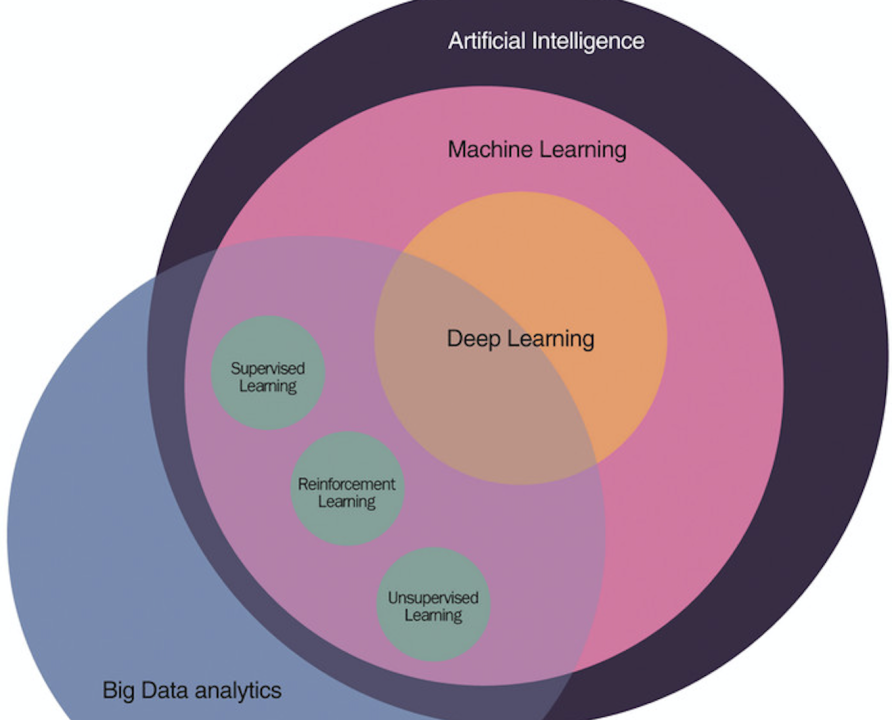
Feb 19, 2020
Deconstructing AI-Enabled Support
artificial intelligenceB2B supportmachine learningNLP
Often times when support leaders first connect with us they ask what Artificial Intelligence (AI) can do for them. There is complexity in that any AI system is really a combination of multiple technologies being leveraged with a common aim. Each AI implementation can be very different based on your goals as an organization. In this post, I’ll touch on some of the technologies that are a part of an AI system that’s built to monitor B2B technical support tickets and what their roles are in fueling AI-enabled Support.
Base Technologies
- Training Dataset – For any AI initiative you’ll need to have training data, and enough of it to build a level of confidence in your new AI. Fortunately, most support organizations have CRMs that are chock full of interesting nuggets that happen to be locked in freeform text fields (such as email interactions and case notes).
- Named Entity Recognition – NER has been around for a while, it’s the ability to train a system to spot keywords and to understand how those keywords are often organized. NER is a useful building block but it doesn’t deal well with changes in the data, which is what happens every time you have a new release, and thus requires a level of handholding and ride-along to stay up to date.
- Data Piping – Often an overlooked capability, the value of an AI is its ability to deliver timely insights to the right individuals. Without a robust data pipeline that is able to handle an influx of data as support volumes spike, AI will fail to deliver on its promise of keeping an eye on all of your data.
- Workflows – Insights that get locked away inside of a table, behind a complex query or in a system that doesn’t connect with your support teams existing best practices will be forgotten. Support has the attention of their customers, to ensure that your AI-enabled support delivers an impact you’ll have to extend its workflows into support’s everyday activities.
NLP, ML, AI, DNN
- Natural Language Processing – NLP builds on NER, leveraging the initial entities and manual tagging that is provided by NER, NLP further understands the construction of human language and is able to adapt to new inputs, and recognize changes in how different parties are interacting.
- Machine Learning – Machine Learning is the ability to take the data generated by the NER and NLP systems to discover trends and patterns in the data. The machine learns over time what combinations will result in what output, making it useful for results like escalation prediction and churn prediction.
- Artificial Intelligence – AI is leveraged to take the complex background information collected and organized by NLP and ML to then make it actionable in your existing workflows. View AI as a virtual assistant whose job it is to reduce the need for redundant activities while serving up timely insights, recommendations and resolutions by searching, indexing and surfacing data in a manner that’s much faster than a human. When using AI for case routing, we analyze over 30 factors to determine which support engineer can solve which issues with the highest chance of achieving a specific outcome (customer satisfaction increase, reducing Mean Time to Resolution – MTTR, building closer customer relationship, etc).
- Deep Neural Networks (DNN) – Deep Neural Networks are key to discovering linear and non-linear relationships in data. By applying DNN to your Support data you’ll be able to spot early trends and anomalies that exist in your data which can help you get ahead of outages while better planning short and medium-term staffing impacts.
Now that I’ve lifted the covers a bit on how AI can be applied and the various components that go into creating this system, is there a specific way you’d like to see it applied at your company?
About Support Logic
SupportLogic is a venture-backed startup based in Silicon Valley. We provide the world’s first Support Experience Platform™ built on AI and NLP to help organizations reduce customer escalations, prioritize work and drive operational efficiency. We work with our customers to “read every case” to provide the temperature on every case, customer and interaction. If you’re interested in seeing what your data looks like inside of our AI within a few days time please don’t hesitate to reach out to me in the comments or directly at vladi@supportlogic.io
Don’t miss out
Want the latest B2B Support, AI and ML blogs delivered straight to your inbox?





![21.11-NA-WEBR-11.16-Reduce-Case-Backlog-Banner-On-Demand[1]](https://www.supportlogic.com/wp-content/uploads/2022/05/21.11-NA-WEBR-11.16-Reduce-Case-Backlog-Banner-On-Demand1.png)
